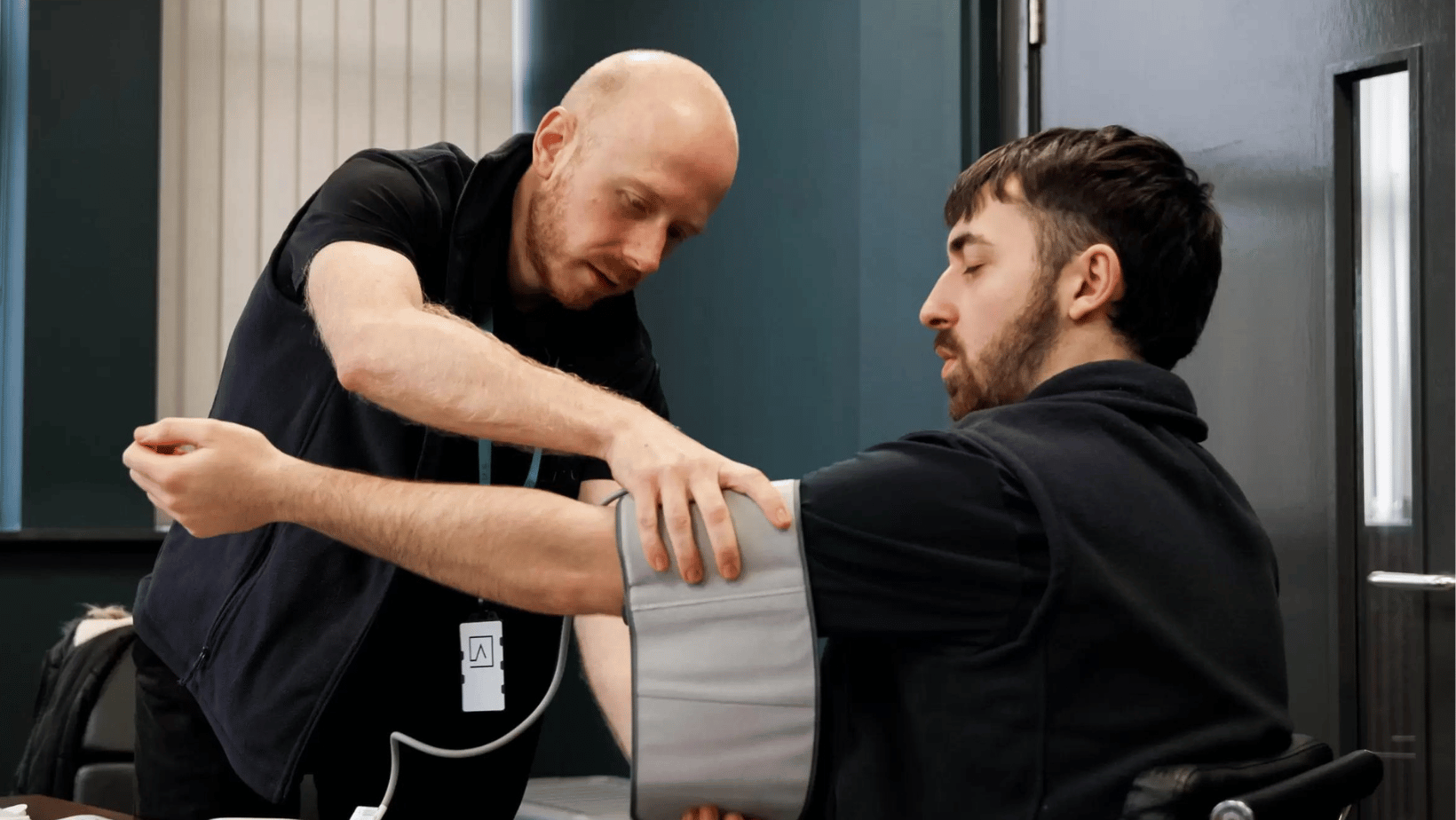Health Surveillance vs Occupational Health: what’s the difference?
Keeping Workers Healthy: Occupational Health vs Health Surveillance
Within Occupational Health, there can be some confusion between two key practices: occupational health and health surveillance. Understanding the difference between the two is essential for businesses aiming to maintain compliance with UK health standards. Let’s break down the differences, the necessity of these services, the legal requirements and best practices for workplace safety.
Occupational Health Services
Focus on preventing and managing work-related illnesses and injuries. These services include health assessments, fitness-for-work evaluations, rehabilitation programs and advice and workplace adjustments. The goal is to promote a healthy working environment and enhance employee productivity and well-being.
Health Surveillance
‘HS’ is a systematic approach to monitoring the health of employees exposed to specific health risks at work. This process includes regular health checks and examinations to detect early signs of work-related illnesses. Health Surveillance is particularly important in industries where employees are exposed to hazards such as chemicals, noise, or vibration.
Occupational Health and Health Surveillance are not mutally exclusive; they work best together. Occupational Health helps prevent work-related ill health, while health surveillance helps to identify any issues that might slip through the cracks. This combined approach creates a robust system for protecting worker health and well-being.
Why do businesses need these services?
- Legal Compliance: adhering to occupational health and health surveillance requirements helps businesses comply with UK laws and regulations, avoiding legal penalties.
- Employee well-being: proactive health management improves employee morale, reduces absenteeism, and increases productivity.
- Risk Management: Identifying and mitigating health risks prevents costly workplace accidents and long-term health issues.
- Reputation: A commitment to employee health enhances a company’s reputation, attracting top talent and retaining valuable employees.
Legal Requirements in the UK
In the UK, various regulations mandate occupational health services and health surveillance:
- Health and Safety at Work Act 1974: this foundational law requires employers to ensure health, safety and welfare of their employees.
- Management of Health and Safety at Work Regulations 1999: employers must assess and manage risks to their workers’ health and safety.
- Control of Substances Hazardous to Health (COSHH) Regulations 2002: Employers must carry out health surveillance for employees exposed to hazardous substances.
- Noise at Work Regulations 2005: These regulations require health surveillance for workers exposed to high noise levels
So how can businesses ensure they are compliant with UK Health Standards?
- Conduct Regular Risk Assessments: identifying potential health hazards in the workplace and implement control measures.
- Partner with a trusts Occupational Health provider: utilise experts to provide ongoing health assessments, advice, training and support. (www.latusgroup.co.uk)
- Training and Education: ensure employees are aware of health risks and trained in safe work practices.
How can Latus Group help your business?
Latus offer a variety of services to cover all of your Occupational Health and Health Surveillance needs.
- Health Surveillance
- Management Referrals
- Safety Critical and Fit-For-Work Medicals
- Mental Health, Physiotherapy/MSK Clinic
- GP Support
- Workplace Testing and Screening
- Vaccinations
- Biological Monitoring
- First Aid and Mental Health First Aid Training
- Health and Wellness Screening
Latus Group Occupational Health: Proactive Wellbeing
Occupational Health takes a broad view of worker health and safety. It focuses on preventing work-related illness and injury by:
- Identifying hazards: we assess workplaces to identify potential physical and chemical hazards that could harm workers.
- Developing control measures: we work with employers to implement control measures, such as ventilation systems, proper equipment use training, and ergonomic assessments to minimise risk.
- Promoting health and well-being: we can also promote healthy lifestyles through education, vaccinations, and fitness programs, reducing overall health risks.
- Supporting return to work: following illness or injury, we can help employees return to work safely and effectively.
Latus Group Health Surveillance: Monitoring for Work-Related Ill Health
Health Surveillance is a specific program of repeated health checks designed to identify work-related ill health at an early stage. It involves:
- Targeted health assessments: these assessments are tailored to the specific risks faced by workers in a particular role or industry
- Data analysis: the collected health data is analysed to identify trends or patterns that might suggest work-related health problems.
- Early intervention: early detection allows for prompt intervention, such as further medical investigation, changes in work practices, or additional training.
By understanding the distinct roles of occupational health and health surveillance, Latus Group can help businesses in a wide range of industries create a safer, healthier work environment for their employees.
If you’d like to speak to us about health surveillance, visit our page and contact us with any questions.

